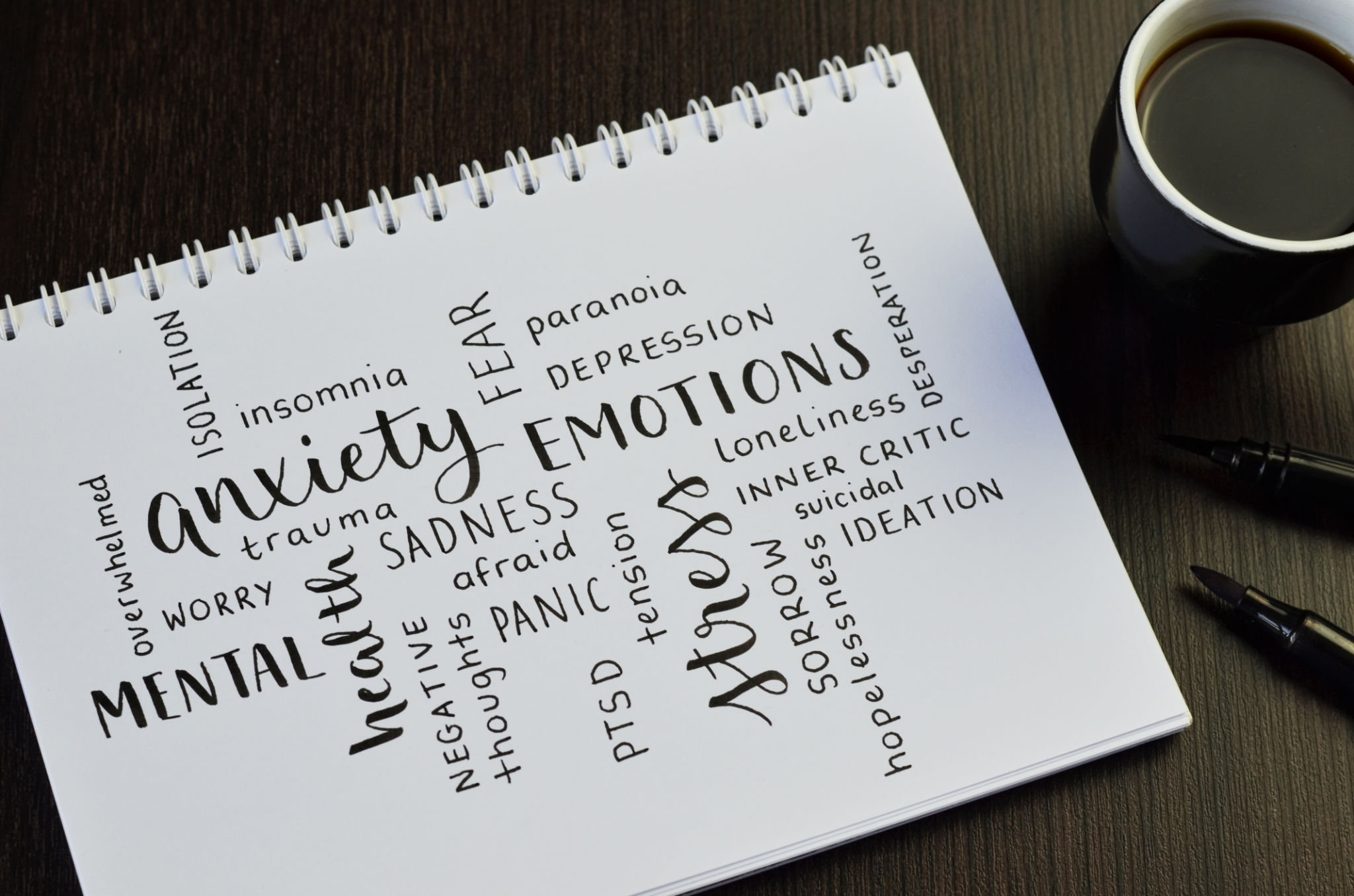Psychotherapy in Raleigh: Finding the Right Fit for Your Needs
Understanding the Importance of Psychotherapy
Psychotherapy is a valuable tool for addressing mental health challenges, offering support and guidance for those navigating life's complexities. In Raleigh, the demand for qualified therapists is growing, as more people recognize the importance of mental well-being. Whether you're dealing with anxiety, depression, or simply looking for personal growth, finding the right fit is crucial.

Identifying Your Needs
Before beginning your search for a psychotherapist in Raleigh, it's vital to identify your specific needs. Consider what you're hoping to achieve through therapy. Are you seeking help for a specific mental health condition, or are you looking for support in dealing with life transitions? Understanding your goals will help guide your search and ensure you find a therapist who can meet your needs.
It's also important to consider practical factors such as location, availability, and budget. These elements can significantly influence your therapy experience and should be considered carefully when making your choice.
Exploring Different Types of Therapies
There are various types of psychotherapy available, each with its unique approach and benefits. Some common types include:
- Cognitive Behavioral Therapy (CBT)
- Dialectical Behavior Therapy (DBT)
- Psychodynamic Therapy
- Humanistic Therapy
Each of these therapies is designed to address different aspects of mental health. For instance, CBT is often used to treat anxiety and depression by changing negative thought patterns, while DBT focuses on building coping skills for emotional regulation.

Researching Potential Therapists
Once you have a better understanding of the type of therapy that might suit you, it's time to research potential therapists in Raleigh. Start by seeking recommendations from trusted sources such as friends, family, or healthcare professionals. Online directories and review platforms can also provide valuable insights into each therapist's qualifications and patient experiences.
When evaluating therapists, consider their credentials, areas of specialization, and approach to treatment. It's important to find a therapist with whom you feel comfortable and can build a trusting relationship.
Initial Consultation and Questions
Once you've narrowed down your list of potential therapists, schedule an initial consultation. This meeting is an opportunity to ask any questions you might have and gauge whether the therapist is a good fit for you.
Some questions you might consider asking include:
- What is your experience with my specific issue?
- What approach do you use in therapy?
- How long do you anticipate therapy will take?
These questions can help you better understand the therapist's methods and ensure they align with your expectations and needs.

Commitment to the Process
Finally, remember that psychotherapy is a commitment. Progress may take time, and it's crucial to remain patient and open throughout the process. Regular attendance and active participation in sessions can greatly enhance the effectiveness of therapy.
By taking the time to find the right therapist in Raleigh who meets your specific needs and preferences, you're taking an important step towards improving your mental health and well-being.
